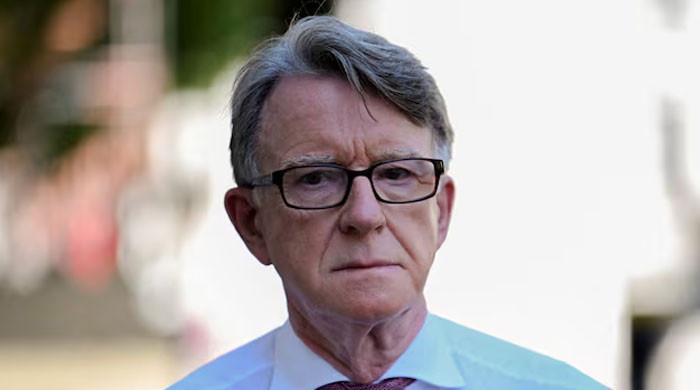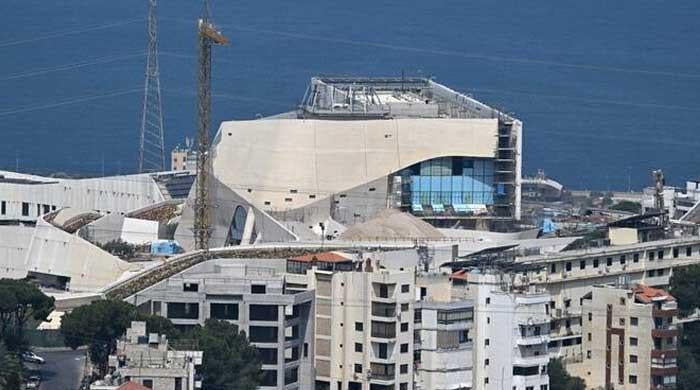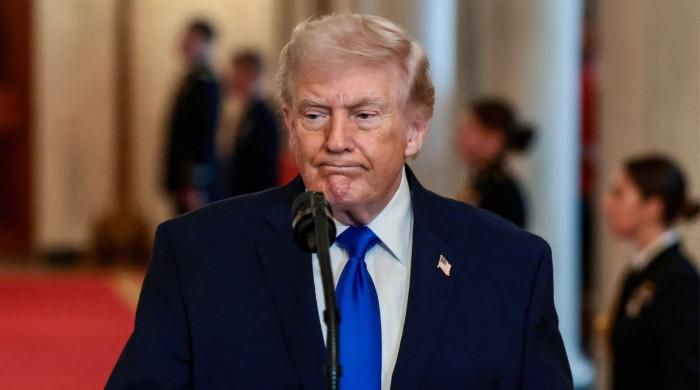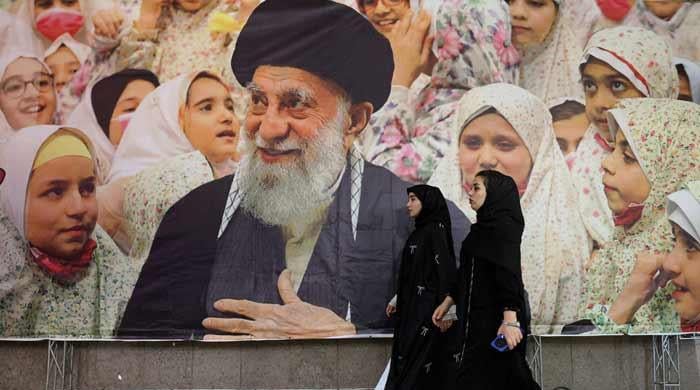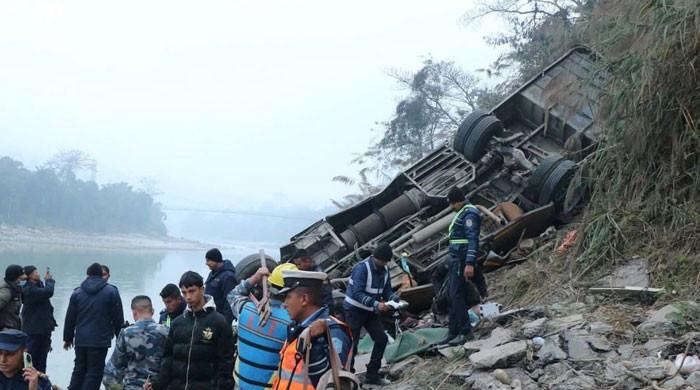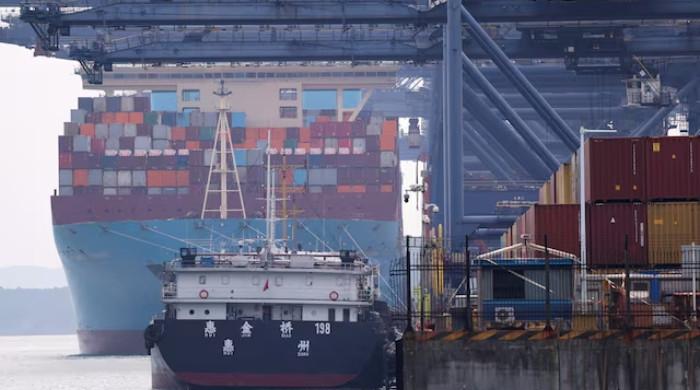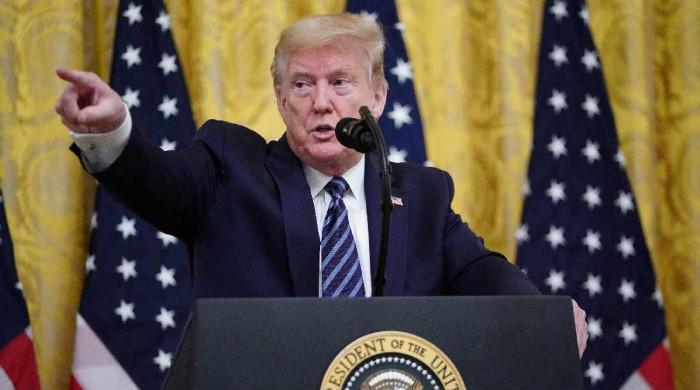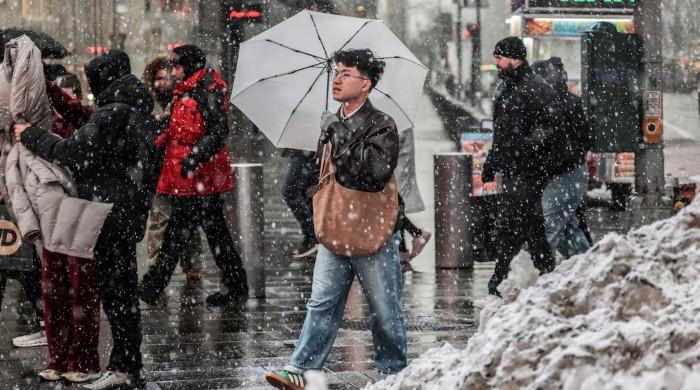Nagorno-Karabakh: Azerbaijan 'liberates' several towns and villages from Armenia's hold
Azerbaijan and Armenia have accepted Russia's invitation for talks as conflict rages between both countries
October 09, 2020
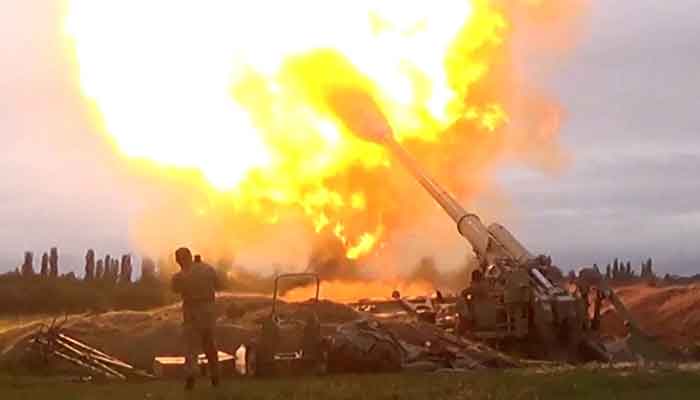
Azerbaijan President Ilham Aliyev announced on Friday that the country's army had "liberated" several villages and towns from Armenian "occupation", as clashes continue between both countries over the disputed Nagorno-Karabakh territory.
"Today Azerbaijan’s Army has liberated the town of Hadrut, and Chayli, Yukhari Guzlek, Gorazilli, Gishlag, Garajali, Efendiler, Suleymanli and Sur villages. Long live Azerbaijan’s Army! Karabakh is Azerbaijan!," read his tweet.
Read more: Nagorno-Karabakh conflict: Azerbaijan thanks Pakistan, Turkey for unequivocal support
Aliyev said the settlement of Hadrut north of Ceyrayil city, as well as several villages including Chayli, Yukhari Guzlak, Gorazilli, Gishlag, Garajalli, Afandilar, Suleymanli and Sur, had rejoined with the rest of Azerbaijan’s territory in a “historic victory”.
Aliyev said that the current updates signalled that the province of Fuzuli was surrounded and a narrow corridor was left for the people there to leave.
Earlier, both sides accepted an invitation from Russia to end fighting. “It has begun,” Russian foreign ministry spokeswoman Maria Zakharova posted on Facebook. She also shared a picture of herself sitting with the foreign ministers of Russia, Azerbaijan and Armenia sitting at a round table.
Read more: Azerbaijan-Armenia war: A timeline of the Nagorno-Karabakh dispute
Aliyev said earlier that he is ready to discuss the conflict but warned that no concession will be given to Armenia, adding that no other country will be able to influence Azerbaijan's will.
He ruled out talks if Armenia continued to claim Nagorno-Karabakh as part of its territory, said the Azerbaijan president during a televised address to the country.
Aliyev said that the Azerbaijan army had proven that there was a military solution to the dispute, crediting his country's forces for changing the facts on the ground.
Why are Armenia and Azerbaijan fighting?
Two ex-Soviet republics in the Caucasus, Armenia, and Azerbaijan, are engaged in a decades-long territorial dispute which has re-erupted with the heaviest clashes in years on Sunday.
Here are the key factors surrounding their conflict:
Nagorno Karabakh
At the heart of the standoff between Yerevan and Baku is the contested Nagorny Karabakh region.
The Soviet authorities merged the predominantly ethnic Armenian territory with Azerbaijan in 1921.
After the 1991 collapse of the Soviet Union, Armenian separatists seized it in a move supported by Yerevan.
An ensuing war left 30,000 dead and forced hundreds of thousands from their homes.
Despite a ceasefire mediated in 1994 by Russia, the United States, and France, peace negotiations struggle to move forward and fighting erupts frequently.
The latest clashes on Sunday saw Azerbaijan and Armenian separatists accuse each other of igniting the fighting that left both sides with casualties, including civilians.
It followed a flare-up along the border in July which claimed the lives of 17 soldiers from both sides.
In April 2016, some 110 people were killed in the most serious fighting in years.
Revolts and dynasty
Armenia has been rocked by political and economic instability since it gained independence from the former USSR.
The country's post-Soviet leadership repressed opposition to its rule, was accused of falsifying ballot results, and was largely beholden to the interests of Russia.
In the spring of 2018, mass street protests brought current Prime Minister Nikol Pashinyan to power. He has since cracked down on corruption and introduced popular judicial reforms.
Azerbaijan, on the Caspian Sea, has been under the authoritarian grip of a single-family since 1993.
Heydar Aliyev, a former officer of the Soviet security services, the KGB, ruled the country with an iron fist until October 2003. He handed over power to his son, Ilham, weeks before his death.
Like his father, Ilham has quashed all opposition to his rule and in 2017 made his wife, Mehriban, the country´s first vice president.




